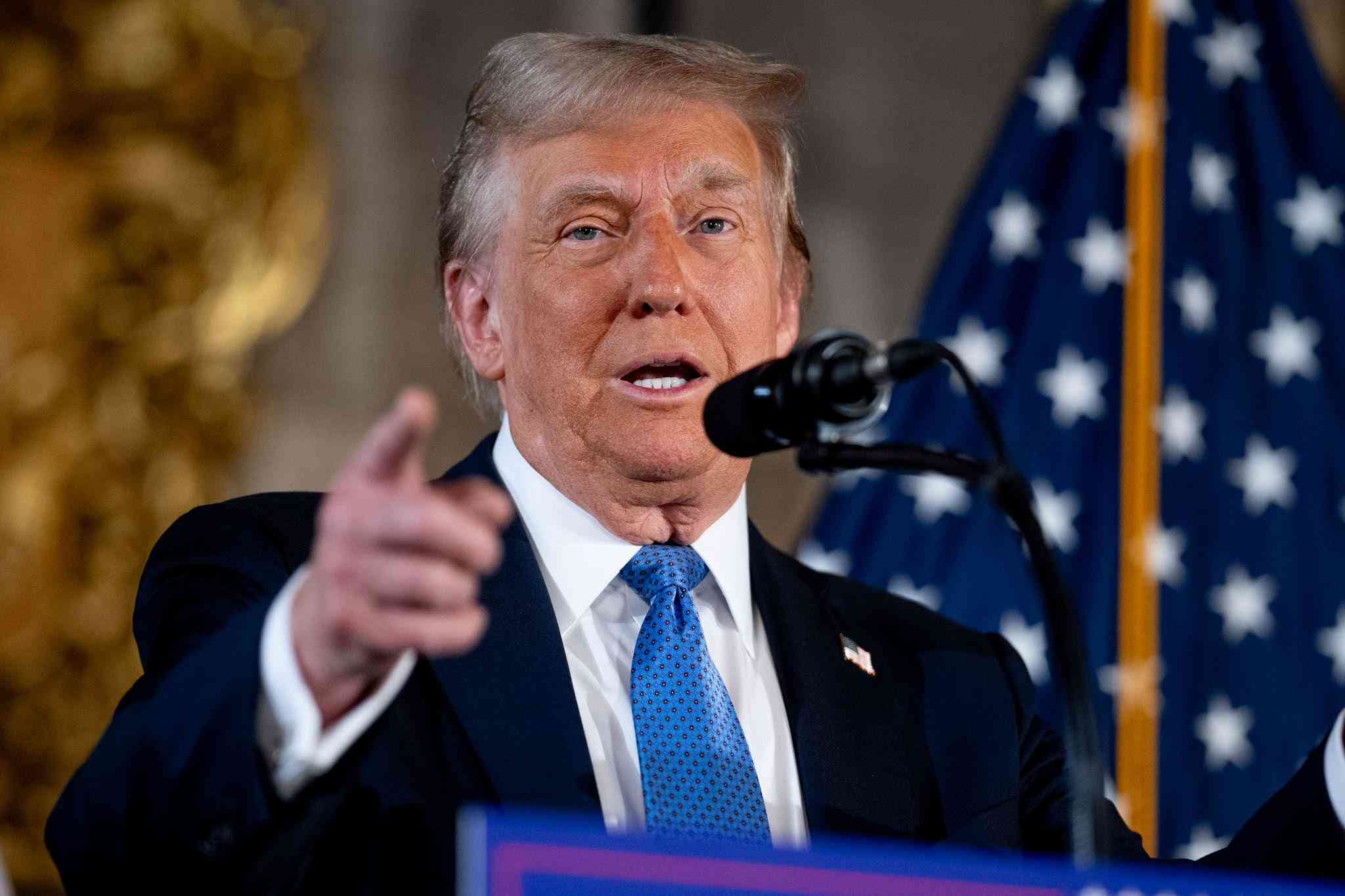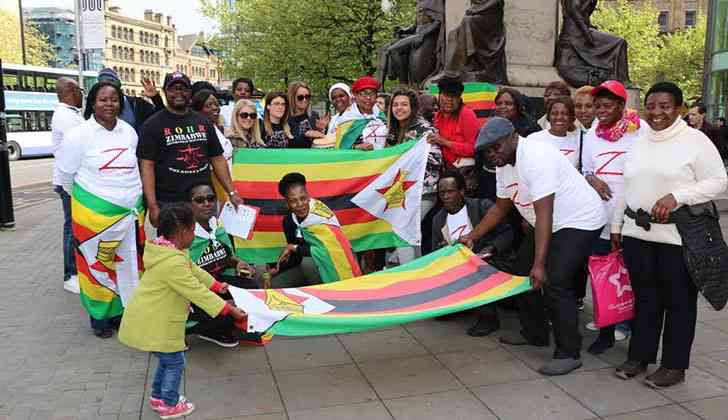
THE World Health Organisation (WHO) was founded in 1948 and as of today, consists of 194 countries on the globe.
The 47th President of the United States, Donald Trump, has issued a notice of withdrawal from WHO and the disengagement process should take a minimum of 12 months while arrears are being cleared.
Trump accuses WHO of mishandling the COVID-19 pandemic that originated in Wuhan, China, and other global health crises, its failure to adopt urgently needed reforms and its inability to demonstrate independence from the inappropriate political influence of WHO member States.
Trump and his public health experts previously criticised WHO for not holding China more accountable for its slow response to investigate COVID-19’s origins.
US’s withdrawal from WHO is not the first event since the formation of the health body in 1948.
In 1949, the Soviet Union and a number of satellite States in Eastern Europe withdrew as Cold War tensions mounted.
It was not long before they returned to WHO in 1956.
The US is one of the biggest donors of WHO and between 2020 and 2021, it sat on third position, coming after Germany and Bill and Melinda Gates Foundation, then followed by the United Kingdom and European Commission.
- Illegal smuggling of US-made weapons from Afghanistan to Pakistan and its trade: a thriving business in Pakistan
- Dynamite comes in small packages in Pastor Chirinda
- Dynamite comes in small packages in Pastor Chirinda
- Toxic smoke chokes Karoi residents
Keep Reading
Close to US$700 million was donated to WHO during the stated period.
Today, the US is estimated to contribute more than US$1,3 billion to the health agency in one year, a figure huge enough to strengthen health delivery systems in many countries in the world.
People should appreciate that for decades, WHO has stood as a beacon of international co-operation, co-ordinating outbreak responses, fostering scientific exchange, setting norms and providing invaluable technical assistance.
The benefits of membership are immense including disease surveillance, health system strengthening and health diplomacy.
US, together with its affiliates like the Bill and Melinda Gates Foundation, has supported programmes to fight HIV and Aids, tuberculosis, malaria, improve maternal and child health.
The withdrawal of the US from WHO undermines not just WHO’s finances and programmes, but also America’s influence and standing in the world.
Donor dependency syndrome is a serious problem that needs to be fought with all the strength we have.
Sudden withdrawal of donors can spell disaster especially when a country is caught unawares. Africa has always preached about the Abuja Declaration of 2001 that stipulates at least a 15% budgetary allocation to the health sector.
Many African countries have failed to meet such with Zimbabwe struggling to come close to 15%.
In 2022, the government of Zimbabwe allocated 10,6%, then went up to 11,2% in 2023 before skidding down to 10,8% in 2024 and in 2025 improved to about 13%.
The argument was that close to US$200 million dollars was coming from donor agencies which include WHO, Unicef, the US President’s Emergency Plan for Aids Relief, Global Fund, to mention just a few.
With WHO likely to be suffocated by the US’s withdrawal from the agency, it is time to find alternative solutions to financing.
This is where we need improved and transparent domestic funding.
Our country has introduced a raft of measures to raise health sector funds, including a sugar tax that is supposed to raise money to capacitate health institutions in the country.
Accountability is critical in all issues to do with such funds.
Recently, there was an uproar over the use of the funds raised from the sugar tax.
The world should either face a weakened WHO or deal with a rejuvenated WHO after US withdrawal.
There are many philanthropic international organisations which can close the void left by the US.
The 193 countries that remain as WHO members can increase their funding to keep the health organisation intact.
WHO is sometimes criticised for overspending and it is imperative that it reduces its expenses as revenue will be reduced if the US withdraws.
Let us all work for the betterment of our health delivery system.
Let us shun corruption which has wreaked havoc in the country.
We lose more than US$2 billion to corruption in our country, a figure which is enough to build 60 state-of-the-art hospitals yearly.
Johannes Marisa is a medical practitioner who is the current president of the Medical and Dental Private Practitioners Association of Zimbabwe.










